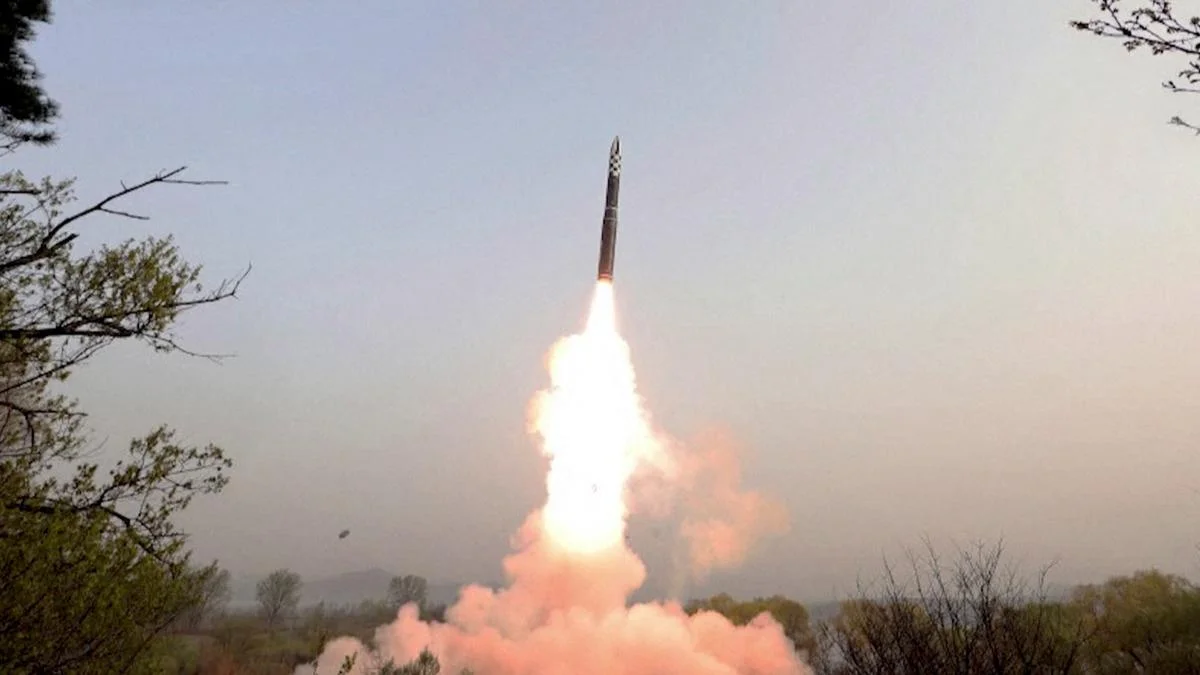Introduction
North Korea has recently announced the successful test of a new solid-fuel long-range missile, raising concerns among the international community about the progress in its missile development program. The details of this latest missile test, its implications, and the responses from the global community.
Background: North Korea’s Missile Development
Over the years, North Korea has developed various missile systems, which have been the subject of international concern and condemnation. Its missile development program has been pursued despite numerous sanctions and diplomatic efforts to curb the country’s nuclear and missile ambitions.
Types of North Korean Missiles
North Korea’s missile arsenal includes short-range, medium-range, and intercontinental ballistic missiles (ICBMs). The country has also developed submarine-launched ballistic missiles (SLBMs) to expand its strategic capabilities further.
The New Solid-Fuel Long-Range Missile
The recently tested solid-fuel long-range missile represents a significant advancement in North Korea’s missile technology. Solid-fuel missiles have several advantages over their liquid-fueled counterparts, including:
- Faster launch preparation times
- Increased mobility
- Enhanced storage and handling
These characteristics make solid-fuel missiles more difficult to detect and neutralize, which could pose a greater threat to regional and global security.
Technical Specifications
While the specifications of the new missile remain unclear, it is believed to have a range of approximately 4,500 km, placing it within the category of intermediate-range ballistic missiles (IRBMs). The missile’s solid-fuel propulsion system and improved guidance technology suggest that it could be more accurate and reliable than previous North Korean missile designs.
Implications of the Missile Test
The successful test of the new solid-fuel long-range missile has several implications for regional and global security:
- A potential escalation of tensions: The test could lead to increased tensions between North Korea and its neighbours, as well as the United States.
- Impact on denuclearization talks: The progress in North Korea’s missile development may hinder diplomatic efforts to achieve denuclearization on the Korean Peninsula.
- Regional arms race: The test could prompt neighbouring countries to enhance their military capabilities, leading to a potential arms race.
International Response
The international community has responded with concern and condemnation to North Korea’s latest missile test. The United States, South Korea, and Japan have expressed their disapproval and called for a unified response to address the issue. The United Nations Security Council has also held an emergency meeting to discuss the situation and consider further actions.
Conclusion
North Korea’s new solid-fuel long-range missile test represents a significant development in its missile program, with potential regional and global security implications. The international community must continue to monitor the situation closely and work together to address the challenges posed by North Korea’s advancing missile capabilities.
